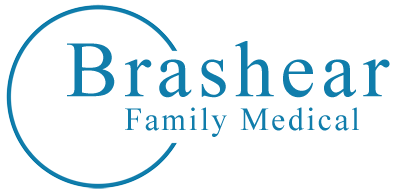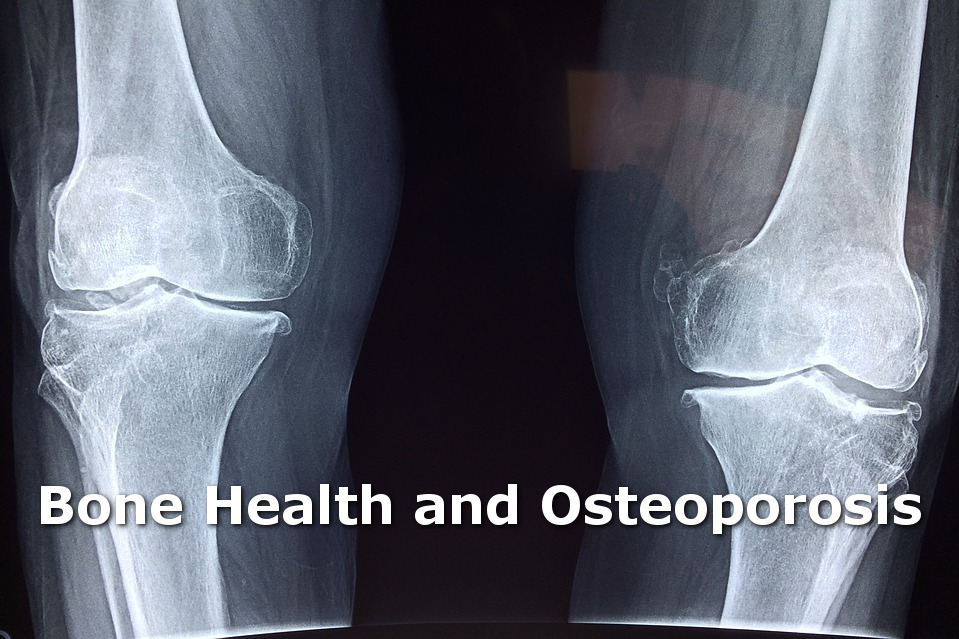Your bones play many roles in your body — providing structure, protecting organs, anchoring muscles and storing calcium. It is crucial to build strong and healthy bones during childhood and adolescence, but you can take steps during adulthood to protect bone health as well. Brashear Family Medical will explain the importance of bone health and what you can do to ensure you protect your bone health.
Why is Bone Health Important? — Brashear Family Medical Offers Insight on Bone Health Protection
The bones in our body are constantly changing — new bone is made and old bone is broken down. When we are young, our body makes new bone faster than it breaks down old bone, and our bone mass increases. Most individuals reach their peak bone mass around age 30. After that, bone remodeling continues, but slightly more bone mass is lost than gained.
Osteoporosis is a condition that causes bones to become weak and brittle. How likely you are to develop osteoporosis will depend on how much bone mass you attain by the time you reach age 30 and how rapidly you lose it after that. The higher your peak bone mass, the more bone you have “in the bank” and the less likely you are to develop osteoporosis as you age.
What Affects Bone Health? — Brashear Family Medical Will Discuss the Common Factors Important to Bone Health
Calcium in Your Diet
If you consume a diet low in calcium, this contributes to diminished bone density, early bone loss and an increased risk of fractures.
Physical Activity
Individuals who are physically inactive have a higher risk of osteoporosis than do their more-active counterparts.
Tobacco and Alcohol Use
According to research, tobacco use contributes to weak bones. Similarly, having more than two alcoholic drinks a day on a regular basis increases the risk of osteoporosis. This is possibly because alcohol can interfere with the body’s ability to absorb calcium.
Gender
Women are at greater risk of osteoporosis because they have less bone tissue than do men.
Size
If you are extremely thin (with a body mass index of 19 or less) or have a small body frame you are also at risk because you might have less bone mass to draw from as you age.
Race and Family History
If you are white or Asian descent, you are at greatest risk of osteoporosis. Additionally, having a parent or sibling who has osteoporosis puts you at greater risk — particularly if you also have a family history of fractures.
Hormone Levels
Having too much thyroid hormone can also cause bone loss. In women, bone loss increases drastically at menopause due to dropping estrogen levels. In addition, prolonged absences of menstruation (amenorrhea) before menopause also increases the risk of osteoporosis. In men, low testosterone levels can result in a loss of bone loss.
Brashear Family Medical Offers Tips for Keeping Your Bones Healthy
Incorporate More Calcium, Vitamin D and Vitamin C Rich Foods into Your Diet
Calcium rich foods include:
- Low-fat dairy products, such as low-fat yogurt or milk
- Green leafy vegetables, such as broccoli, Brussels sprouts, bok choy, kale and turnip greens
- Foods fortified with calcium, such as orange juice, cereal, bread, soy beverages and tofu products
Vitamin D rich foods include:
- Fatty fish, such as tuna and sardines
- Egg yolks
- Cheese
- Fortified milk, yogurt or soy products
- Beef liver
Vitamin C rich foods include:
- Citrus fruits, such as oranges, grapefruit and lemons
- Watermelon
- Berries, such as strawberries, blueberries, raspberries and cranberries
- Tropical fruits, such as pineapple, papaya, kiwi and mango
- Cruciferous vegetables, such as broccoli, cauliflower and Brussels sprouts
- Sweet potatoes and regular potatoes
- Winter squash
- Tomatoes
Exercise Regularly
Your bones will be stronger if you are physically active. Weight-bearing exercises such as jogging or tennis are best for preventing osteoporosis.
Staying on top of your bone health is crucial in preventing osteoporosis. Don’t hesitate to contact us here at Brashear Family Medical with the link below for more information!

